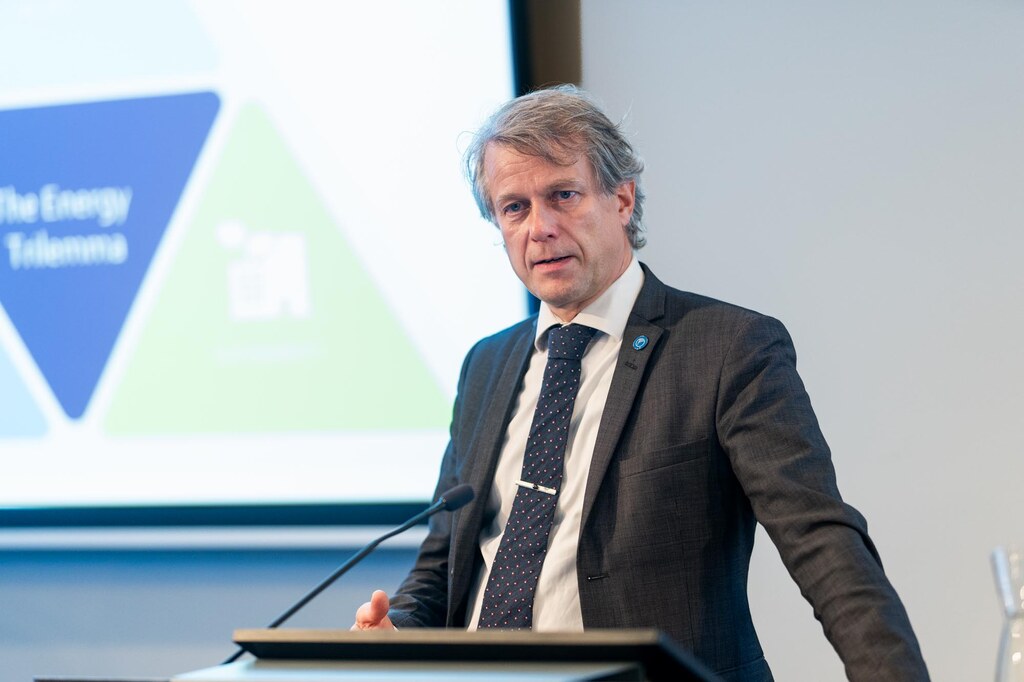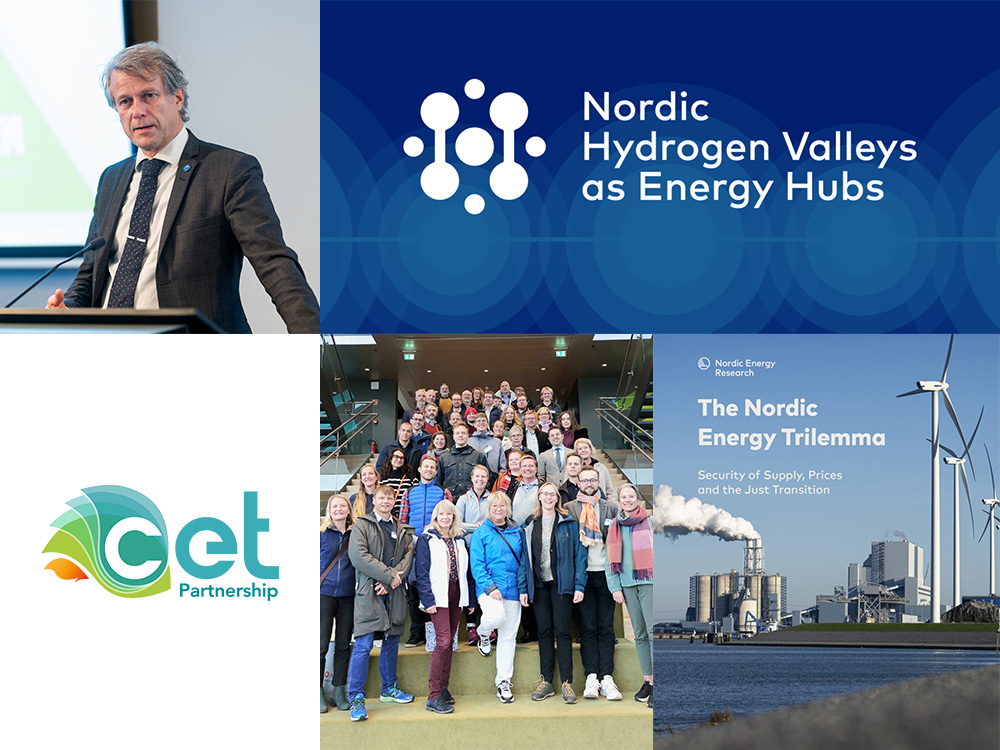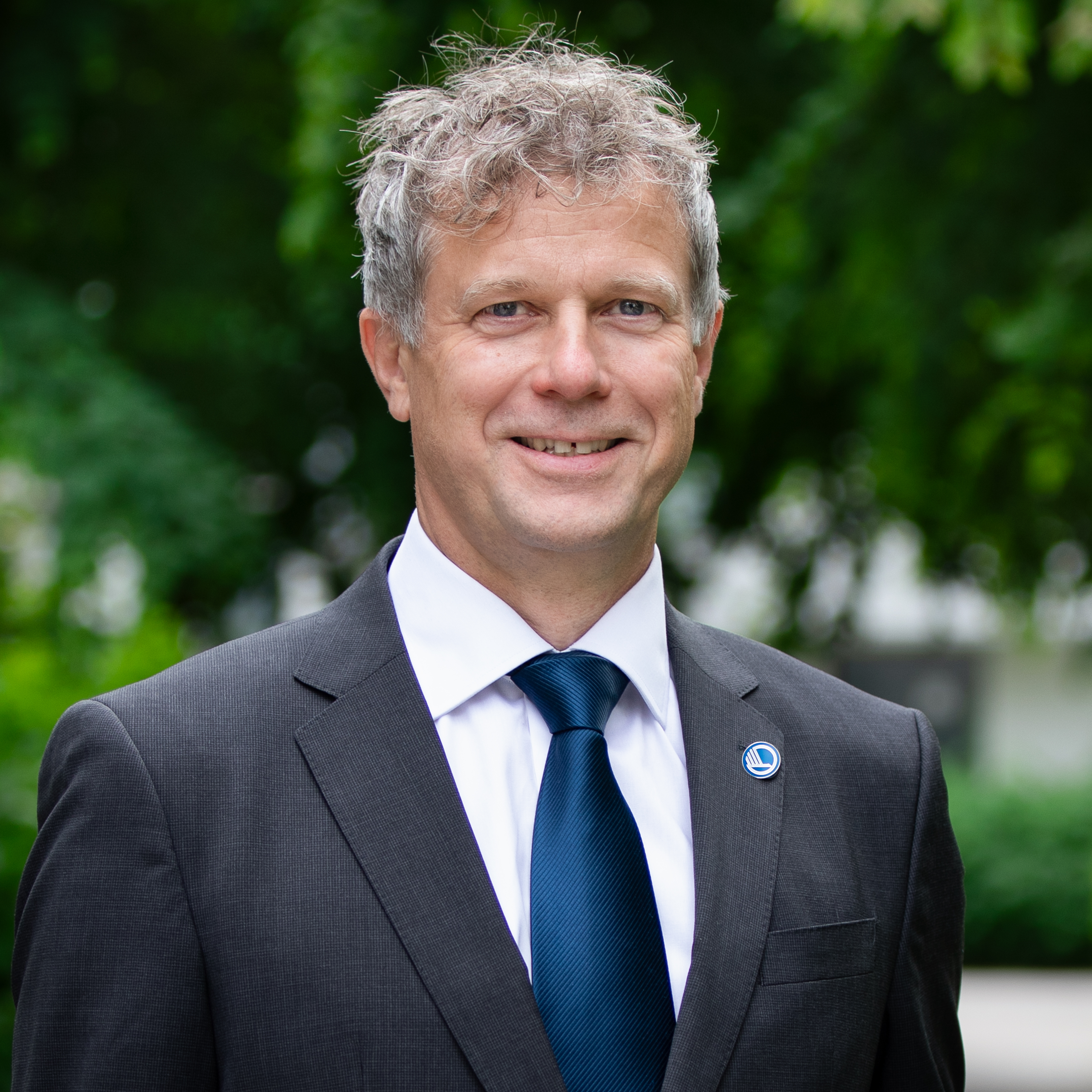
A troubled world shows the value of Nordic energy cooperation
Considerable turmoil in the world continues to characterize the energy sector in 2023, where energy policy and security policy have become increasingly intertwined. This geopolitical environment has also clearly showed…
Considerable turmoil in the world continues to characterize the energy sector in 2023, where energy policy and security policy have become increasingly intertwined. This geopolitical environment has also clearly showed the great value of Nordic collaboration in energy-related areas. Through Nordic energy cooperation, we facilitate knowledge-sharing and mobility programmes, build expertise, increase the scientific quality in critical disciplines, and enhance cost-effectiveness by sharing infrastructure and data. When we work together we become stronger and smarter paving the way for ideas, research, and innovation that bring forth a greener and more secure Nordic region. This work inspires beyond the Nordic countries and thus contributes to advancing the green transition at a larger scale.
2023 – a year of considerable progress for Nordic Energy Research

For Nordic Energy Research this has been a year marked by siginifcant progress and milestones. As the new year approaches, CEO Klaus Skytte highlights a few themes and projects that have stood out more than usual.
Energy security cooperation becomes increasingly important
“In the beginning of the year, we published the report The Nordic Energy Trilemma – Security of Supply, Prices and the Just Transition, on how to find a balance between energy security, affordability, and sustainability in the green transition. Due to current geopolitical risks, the aspect of energy security in this trilemma made our work gain a lot of interest. The energy trilemma has never been more present, both in the Nordics and worldwide, with different regional solutions regionally but common approaches,” says Skytte.
To address the large interest in the topic, Nordic Energy Research arranged several events. One of them was the Energy Security and Citizens Conference in Reykjavík, Iceland, in October, gathering experts, politicians and academia. This conference was opened by Guðlaugur Þór Þórðarson, Minister of the Environment, Energy and Climate in Iceland, who highlighted that “energy security is synonymous with national security.” Following Þórðarson, Izabela Surwillo, Senior Researcher at Danish Institute for International Studies (DIIS), held a presentation with a geopolitical perspective on security of energy supply.
Hydrogen role in the green transition increases
The increasing interest for hydrogen and its role to help advance the green transition has been another key theme of the year and Nordic Energy Research currently funds several projects focusing on the advancement of hydrogen in the Nordic region. The largest funding is for the Nordic Hydrogen Valleys as Energy Hubs – by 2030 and 2040. This programme successfully arranged the Nordic Hydrogen Valleys Conference in October with more than 100 participants attending two days of presentations, panel debates, peer sessions, a workshop and site visit. At the moment, the tender Mapping Nordic Hydrogen Valleys is also open for proposals.
“Work on clean hydrogen and fuels is becoming more and more important and will play a vital part in the energy landscape of the future in the Nordic region, in the EU, and internationally,” says Skytte.
In October we also arranged the conference The Green Future of Maritime Operations in Nuuk, Greenland, together with Naalakkersuisut (The Greenlandic Parliament) – a conference that focused on hydrogens role in the development of green maritime transport in the Arctic and Nordic region.
Strong Nordic representation in clean energy initiatives
Nordic Energy Research has acted as call management for the EU joint research programme Clean Energy Transition Partnership (CETPartnership) since 2022. This year’s participation of Nordic partners has clearly showcased the Nordic region’s commitment to drive international clean energy initiatives.
“This year, almost a quarter of all participants in the CETPartnership’s research consortia were from the Nordic region. Given that the call covers EU as well as several countries overseas this is an extremely good representation from the Nordics” says Skytte.
Looking ahead to 2024
Nordic Energy Research is currently working with its strategy for the period 2025–2030 which will outline the overall strategic initiatives for the coming years. The strategy will be finished during next year.
“I look forward to new exciting milestones next year, that will enforce the Nordic energy cooperation. For example, I have high hopes for the Nordic Grand Solutions Programme, where four new projects hold a lot of promise for solving major energy challenges faced by our societies and businesses in the green transition”, Skytte concludes.

